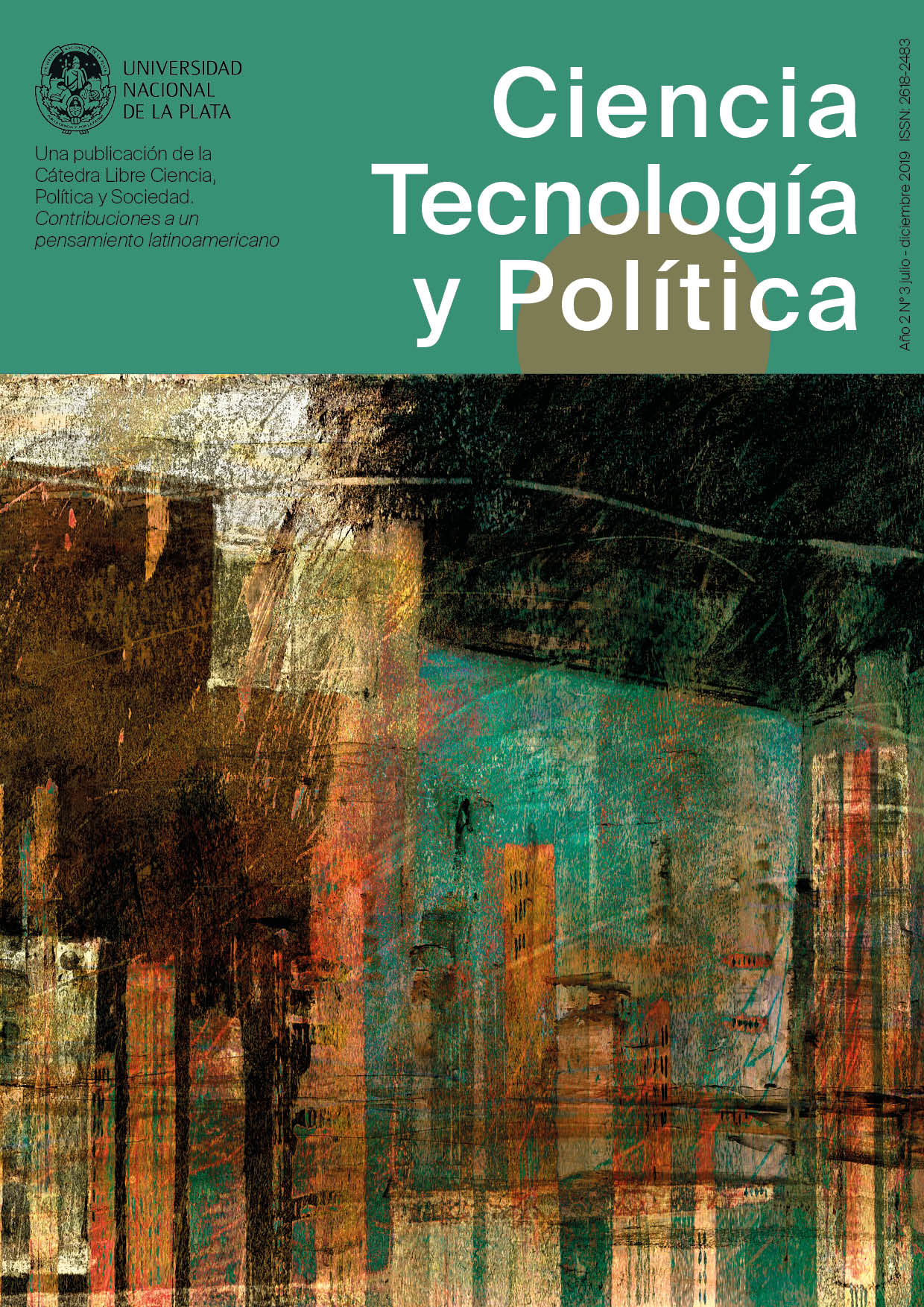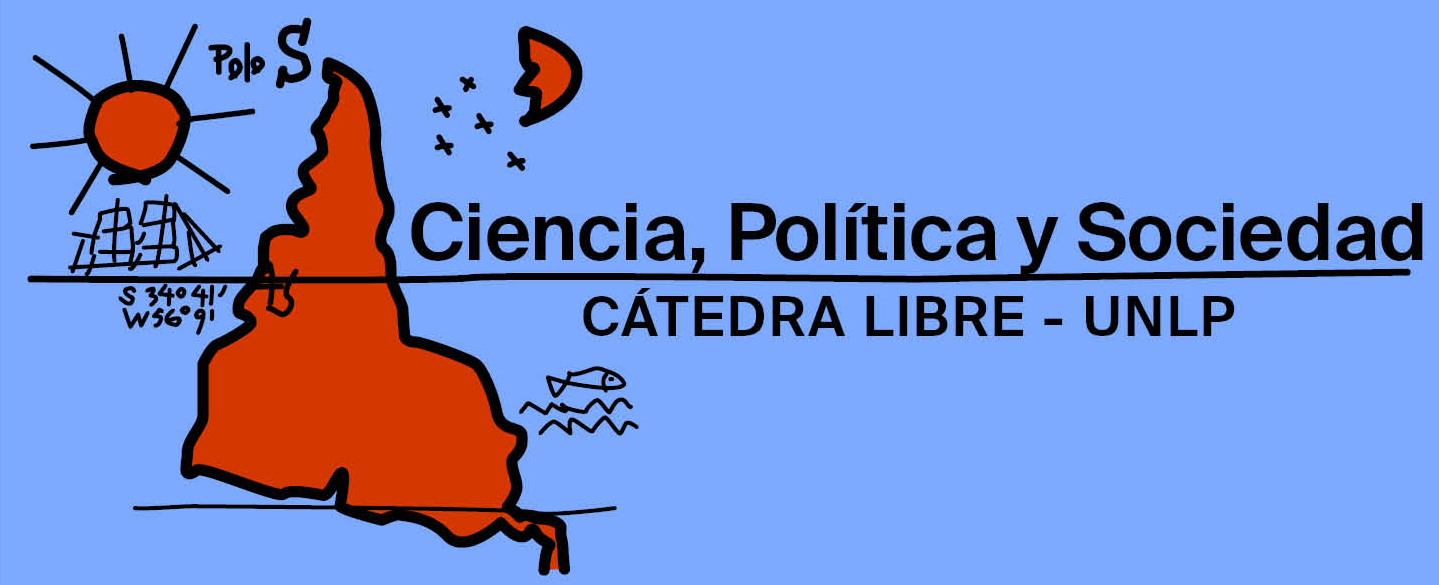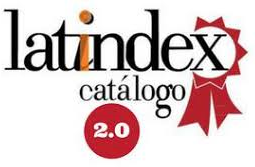El BID y las políticas de Ciencia, Tecnología e Innovación en Argentina (1990-2015)
DOI:
https://doi.org/10.24215/26183188e031Palabras clave:
ANPCyT, Políticas CyT, Banco Interamericano de Desarrollo, Agencia Nacional de Promoción Científico y Tecnológica, BID, créditos, ArgentinaResumen
Este trabajo da cuenta de cómo se estructuró, entre 1990 y 2015, la política de ciencia, tecnología e innovación en Argentina, y el papel que cumplió en ello el Banco Interamericano de Desarrollo (BID), a través de los créditos otorgados en ese período. En este marco se analiza la creación de la Agencia Nacional de Promoción Científica y Tecnológica (ANPCyT), el rol significativo que tuvo el BID en su consolidación y cómo mediante sucesivos acuerdos con este organismo, la ANPCyT fue introduciendo cambios que generaron una oferta diversificada de instrumentos de financiamiento. Se discute el papel que sigue cumpliendo el BID en la financiación de los fondos para investigación y desarrollo en el país y se reflexiona sobre los alcances y limitaciones que presentan estas políticas.
Publicado
Número
Sección
Licencia
Los/as autores/as cuyos textos se publiquen en esta revista ceden de forma no exclusiva sus derechos patrimoniales en favor del editor. Eso significa que los/as autores/as podrán realizar otros acuerdos contractuales independientes y adicionales para la difusión de su texto publicado en esta revista. Como por ejemplo, incluirlo en un repositorio institucional, temático o de otro tipo, publicarlo en un libro, u otros, siempre que indique explícitamente que el trabajo se publicó por primera vez en esta revista.
La responsabilidad de cada trabajo publicado en cuanto a su contenido recae exclusivamente en los/as autores/as del mismo, deslindando a los editores de cualquier responsabilidad legal.
Los textos de la revista se difundirán bajo licencia Creative Commons 4.0 BY-NC-SA. Eso significa que los lectores son libres de:
1) Compartir, copiar y redistribuir el material en cualquier medio o formato.
2) Adaptar, remezclar, transformar y crear a partir del material, bajo las siguientes condiciones:
- a) Atribución — se debe dar crédito a esta obra de manera adecuada, proporcionando un enlace a la licencia, e indicando si se han realizado cambios.
- b) Uso No Comercial — no se puede hacer uso del material publicado con fines comerciales.
- c) Compartir Igual — Si remezcla, transforma o crea a partir del material, debe distribuir su contribución bajo la misma licencia del original.




































